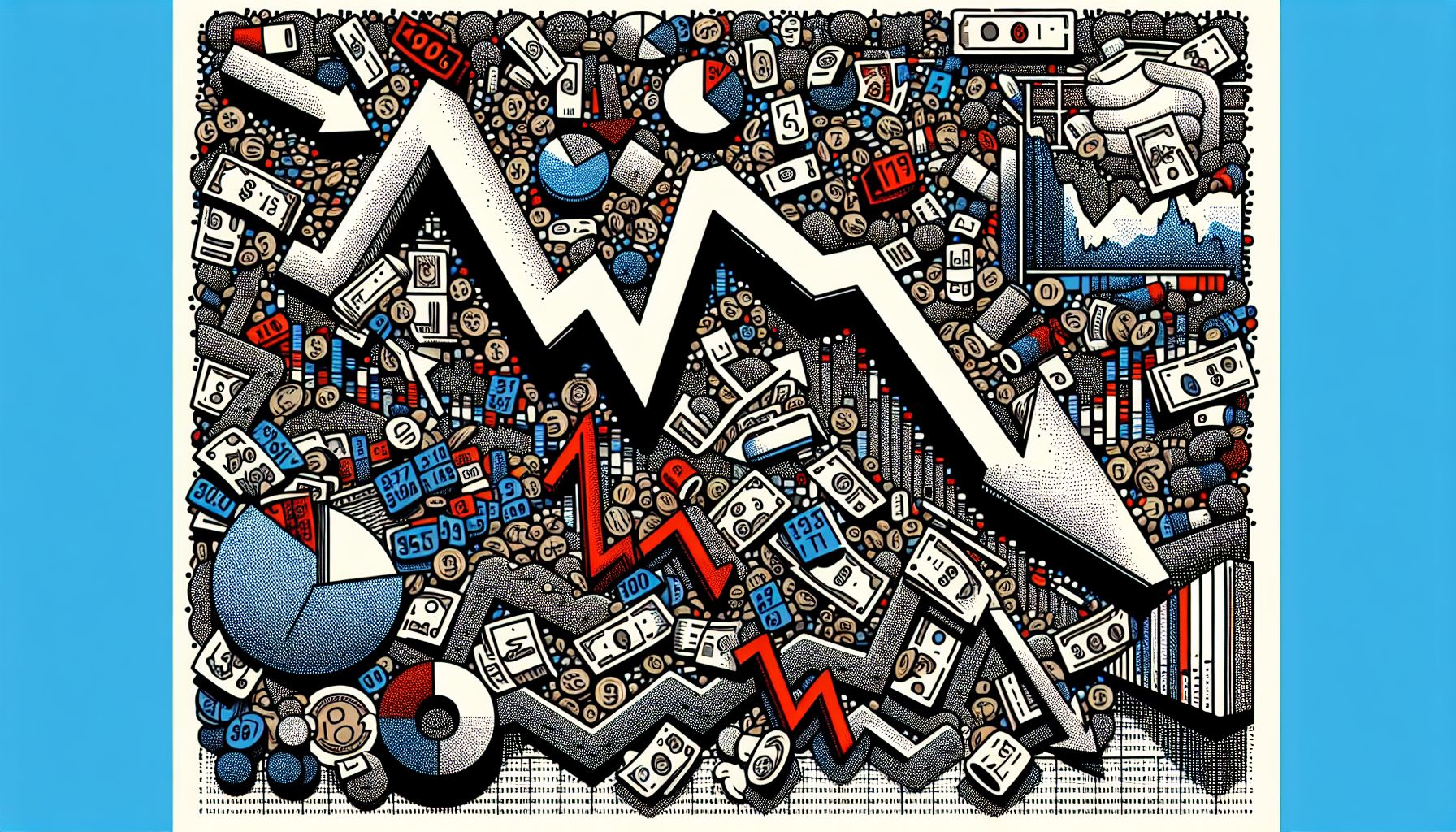Argentina's Inflation Drops to Three-Year Low, But Economic Challenges Persist

Buenos Aires, Wednesday, 13 November 2024.
Argentina’s inflation rate fell to 2.7% in October 2024, the lowest in three years, marking a win for President Milei’s libertarian policies. However, consumers still struggle with high prices and reduced purchasing power as the country grapples with economic reforms.
Austerity Measures and Economic Reforms
The recent decline in inflation to 2.7% has been attributed to President Milei’s dramatic austerity agenda, which included significant cuts in public spending. Since assuming office, Milei has implemented sweeping economic reforms aimed at stabilizing Argentina’s economy, which was beset by one of the worst crises in over two decades. These reforms have involved reducing energy subsidies and adjusting public sector expenditures, measures that have helped temper inflation[1][2].
Impact on Consumer Prices
While the inflation rate has decreased, the effects on everyday consumers tell a different story. Despite the slowdown in inflation, the cost of living remains high, with many Argentines feeling the pinch of reduced purchasing power. Essential costs such as housing and utilities saw a monthly increase of 5.4%, while the prices of food and non-alcoholic beverages rose by a modest 1.2%[3][4]. This has led to a situation where, although overall inflation metrics show improvement, the practical implications for citizens are less favorable.
Economic Outlook and Future Policies
Looking ahead, President Milei has hinted at potential changes in currency policy if inflation rates remain stable. The central bank’s current crawling peg policy, which adjusts the peso’s value incrementally, may see its devaluation rate slowed from 2% to 1% monthly if inflation does not exceed October’s levels. This cautious optimism is tempered by a broader economic forecast that suggests inflation might trend higher in the coming quarters, projecting a potential rise to 5% by the end of the quarter[5][6].
Social and Economic Challenges
Despite the positive inflation figures, social challenges persist. Over half of Argentina’s population is living in poverty, a stark reminder of the depth of the economic issues that the nation faces. The reduction in subsidies and austerity measures, while stabilizing inflation, have also led to increased hardship for many citizens. Consumption patterns have shifted, with beef consumption dropping to historic lows as people tighten their belts in response to economic pressures[7][8].
Sources
- abcnews.go.com
- tradingeconomics.com
- www.bloomberg.com
- www.thepigsite.com
- www.usnews.com
- batimes.com.ar